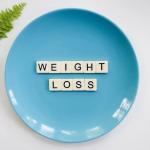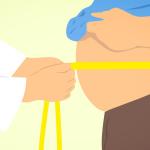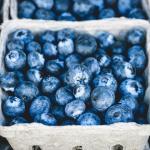Has the body positivity movement gone too far? That's the question Dr.
nutrition
If you want to win an argument, you can employ one of two strategies: make compelling arguments that convince your audience, or engage in personal attacks designed to disqualify your opponents.
Join our directors of bio-sciences and medicine Cameron English and Dr. Chuck Dinerstein as they break down these stories on episode 19 of the Science Dispatch podcast.
Mainstream medicine has traditionally stressed that obesity poses a serious risk to public health, and indeed there appears to be
Scientists have known for many years that genetically engineered (GE) crops pose no greater risk to human health or the environment than their conventional counterparts.
The trace amounts of pesticides in food cannot harm you.
The world is getting fatter, and public health experts don't know what to do about it.
There's an odd disconnect between the way we talk about the causes of obesity and the solutions we employ to help people manage their weight.
Last November CNBC published an article by Harvard nutritional psychiatrist Uma Naidoo urging readers to “avoid these five foods to stay focused and sharp.” If that author and headline ring a bell, it's because ACSH published
Once the social justice movement began its rampage through our culture, it was only a matter of time before it came for the sciences, replacing well-established ideas with postmodern gobbledygook. Examples abound.












